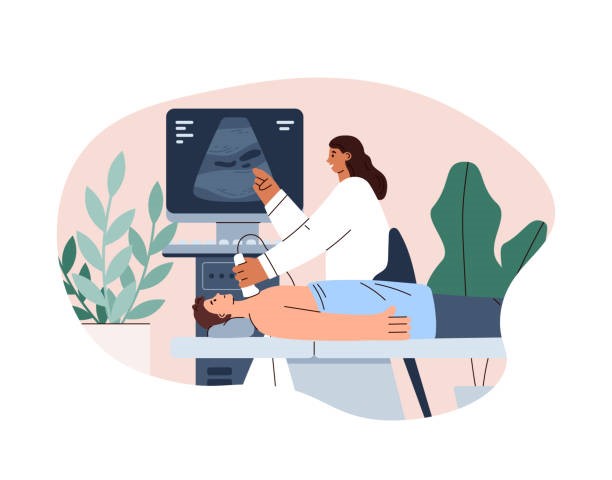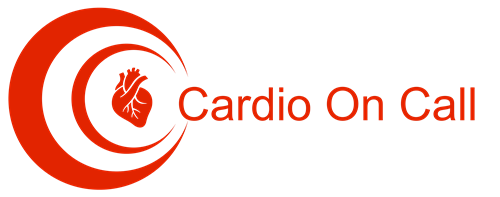Contact Info
Cardiology Telemedicine
Cardiology telemedicine involves using digital technology to provide remote consultations, monitoring, and management of heart conditions. It allows patients to receive care without needing to visit a cardiologist in person.
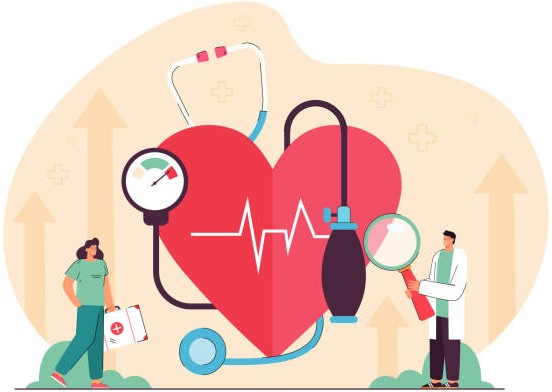
Remote Patient Monitoring
Remote patient monitoring (RPM) involves tracking patients' health metrics, such as blood pressure, heart rate, or glucose levels, using wearable devices. The data is sent to healthcare providers, enabling timely intervention.
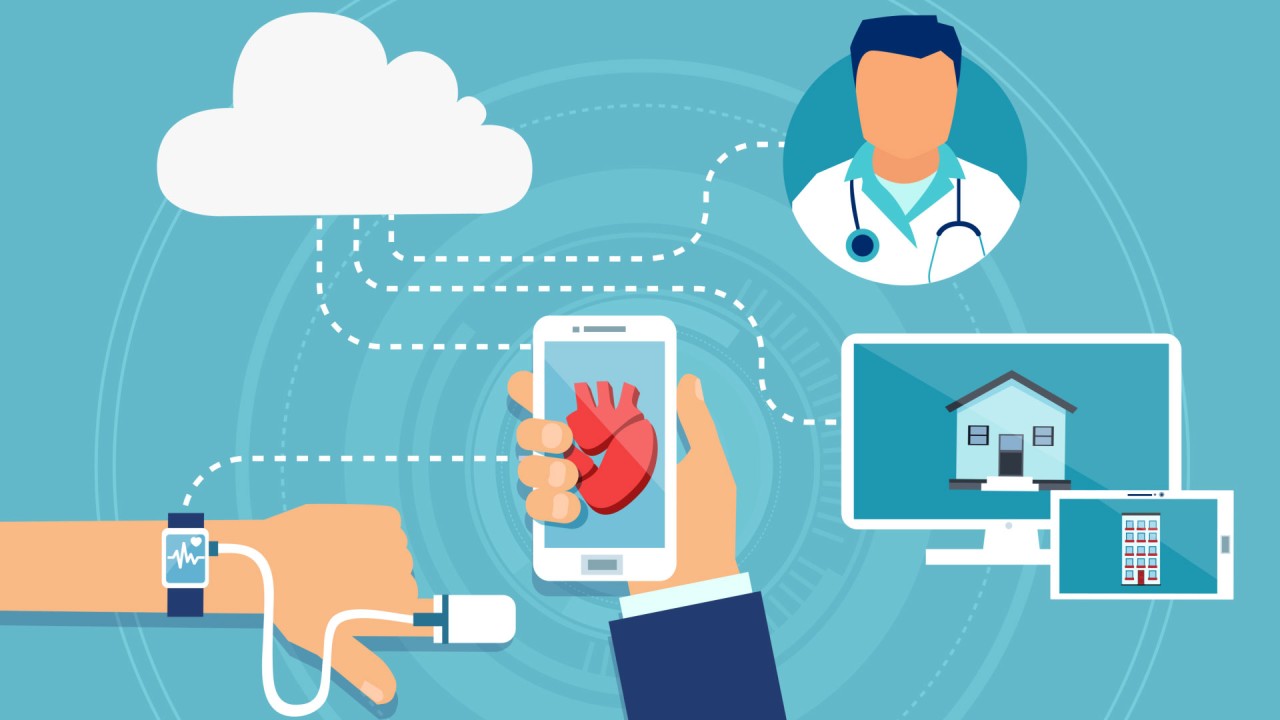
Holter Monitor
It is a portable device worn by patients to continuously monitor and record the heart’s electrical activity over 24-48 hours. It helps diagnose arrhythmias or other irregular heart rhythms
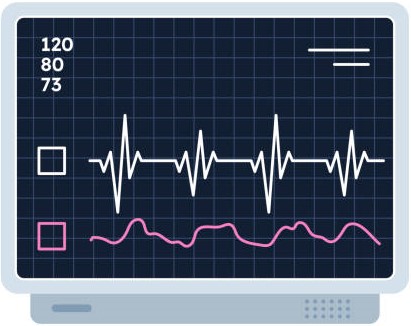
Echocardiogram
An echocardiogram is a non-invasive ultrasound test that uses sound waves to create images of heart. Helps to assess heart valves and pumping strength of the heart.
